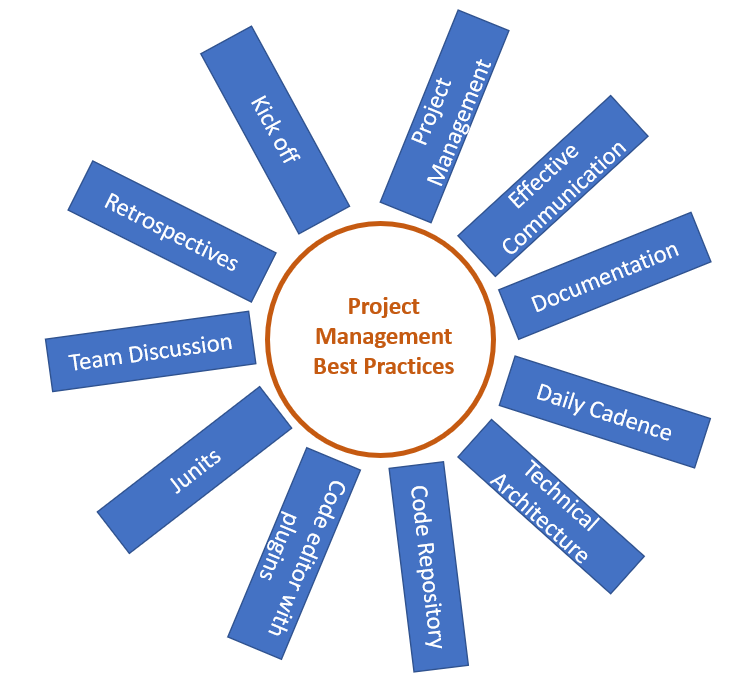Agile Mastery: Elevating Management Practices in 2024

Agile Mastery: Elevating Management Practices in 2024
In the fast-paced and dynamic landscape of business, agile management practices have emerged as a cornerstone for success. Let’s explore how organizations are elevating their management strategies through agile methodologies in 2024.
1. Understanding Agile Principles
At the core of agile management practices lie a set of principles that prioritize adaptability, collaboration, and customer satisfaction. Organizations are investing in understanding and implementing these principles to foster a culture of agility within their teams.
2. Agile Frameworks for Project Management
Agile methodologies offer various frameworks like Scrum, Kanban, and Lean, providing flexible approaches to project management. Businesses are adopting these frameworks to enhance project visibility, improve collaboration, and deliver value to customers in shorter cycles.
3. Continuous Improvement Culture
A key aspect of agile management is the emphasis on continuous improvement. Organizations are fostering a culture that encourages teams to reflect on their processes regularly, identify areas for improvement, and implement changes incrementally, promoting ongoing efficiency gains.
4. Cross-Functional Collaboration
Agile breaks down silos by promoting cross-functional collaboration. Teams with diverse skills and perspectives work together, fostering creativity and innovation. This collaborative approach enables organizations to respond rapidly to changing market demands and customer needs.
5. Agile Leadership and Empowerment
In 2024, agile management practices extend beyond teams to leadership. Agile leaders empower their teams, provide guidance rather than micromanage, and create an environment that encourages autonomy and innovation. This leadership style is crucial for fostering a culture of agility at all levels.
6. Customer-Centric Focus
Agile methodologies place a strong emphasis on delivering value to customers. Businesses are aligning their management practices with customer-centricity, regularly seeking feedback, and adapting their strategies to meet evolving customer expectations and preferences.
7. Agile in Non-Software Industries
While agile originated in the software development realm, its principles are increasingly being applied to non-software industries. From marketing to HR, organizations are recognizing the benefits of agile management in enhancing adaptability and responsiveness across diverse sectors.
8. Agile Metrics and Key Performance Indicators (KPIs)
Measuring the success of agile practices is crucial for continuous improvement. Organizations are defining agile metrics and KPIs aligned with their goals, focusing on factors like delivery speed, customer satisfaction, and team collaboration to gauge the effectiveness of their agile implementation.
9. Hybrid Approaches for Scalability
Large organizations are adopting hybrid agile approaches to scale agile practices across departments and teams. By combining agile methodologies with elements of traditional project management, businesses achieve a balance that supports scalability while maintaining the agility needed for innovation.
10. Agile Training and Certification
To ensure successful implementation, organizations are investing in agile training and certification programs for their teams. These programs equip professionals with the knowledge and skills needed to navigate agile methodologies effectively, contributing to the overall success of agile management practices.
In conclusion, agile management practices are reshaping the way organizations operate in 2024. By embracing agile principles, fostering a culture of continuous improvement, and adapting to changing market dynamics, businesses are mastering agility to stay competitive and innovative. To explore more about Agile Management Practices, visit rodatayu.my.id.



